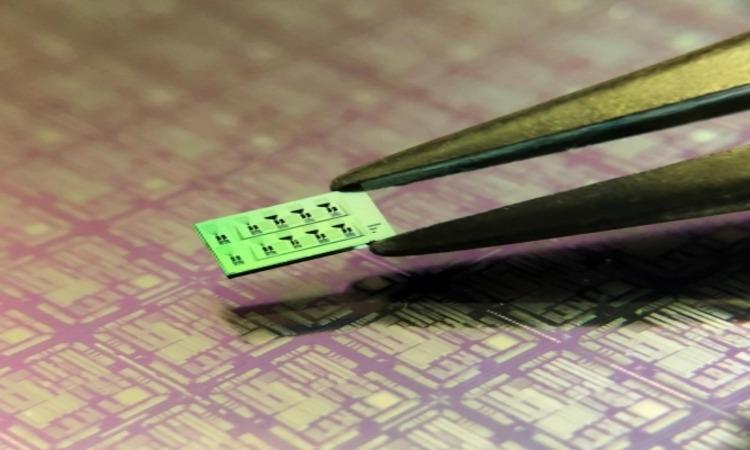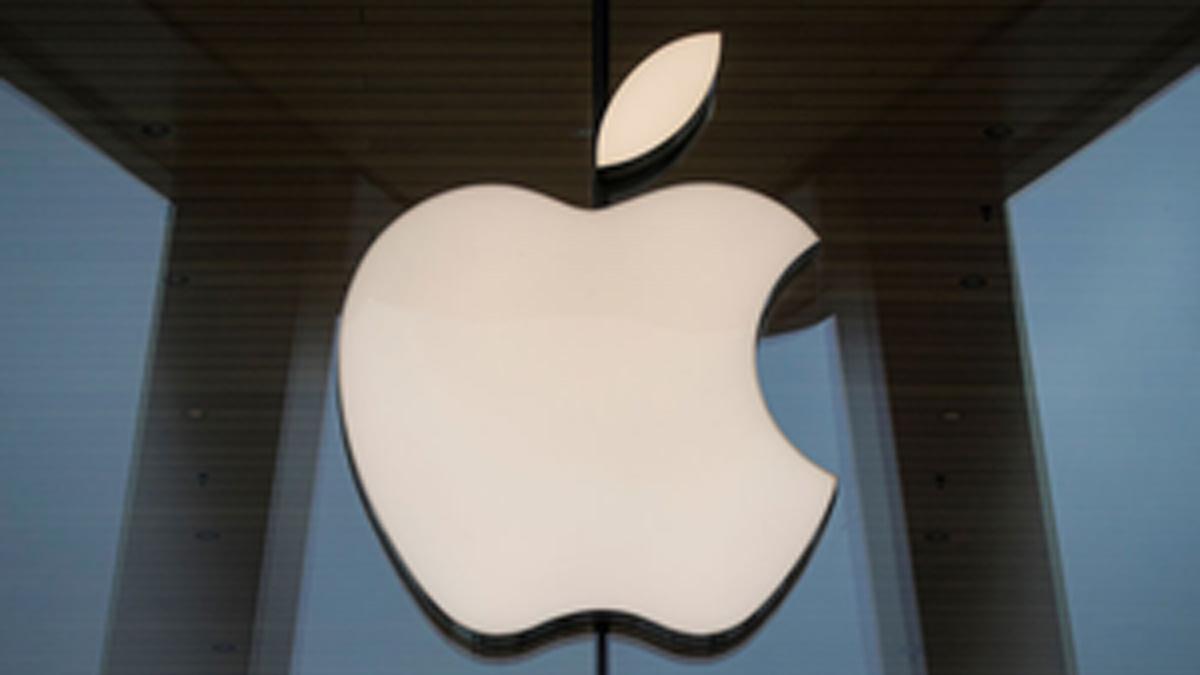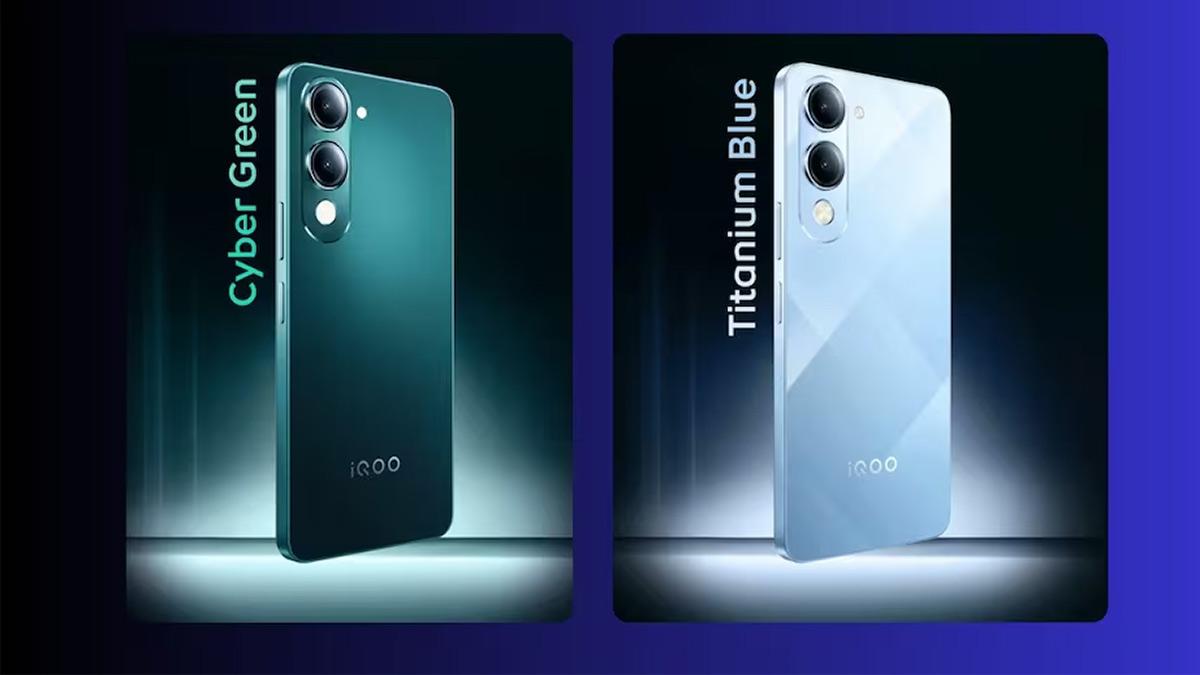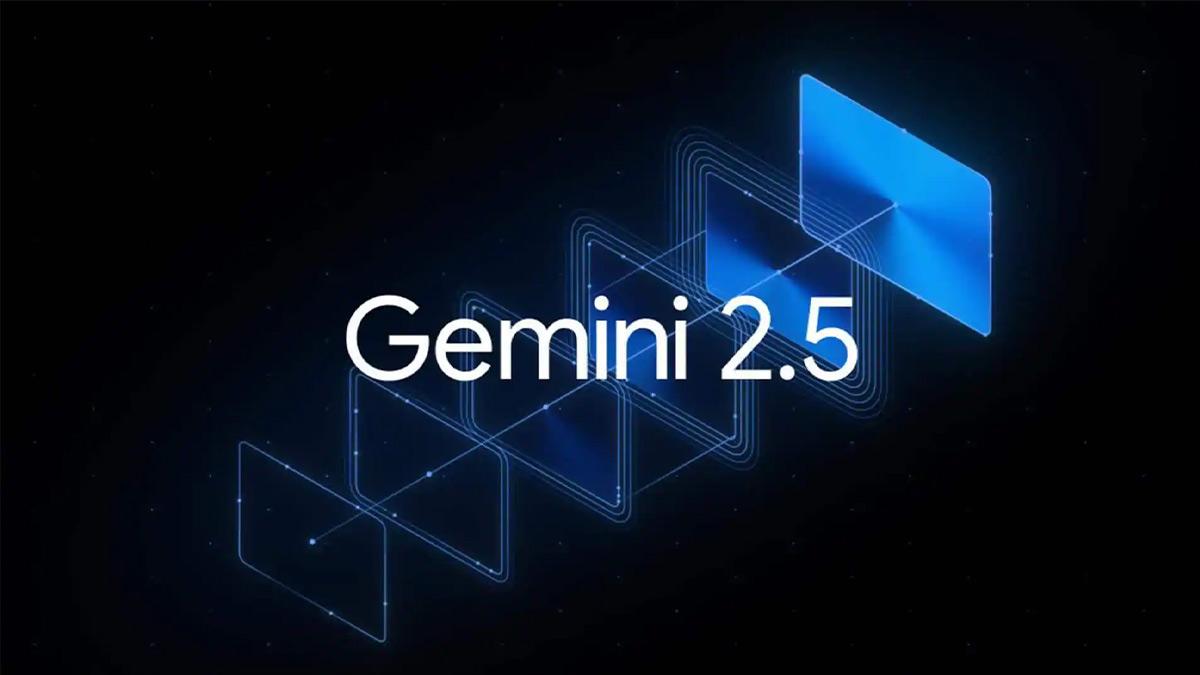As the world grapples with chip shortage, a team of researchers has demonstrated 99 percent accuracy with silicon-based quantum computing, paving the way to build silicon-based quantum devices compatible with current semiconductor manufacturing technology.
The team from the University of New South Wales (UNSW) in Australia, in partnership with the University of Melbourne, University of Technology Sydney, and others based in the US, Japan, and Egypt, has developed silicon-based quantum processors.
The research, published in the journal Nature, showed that quantum computing in silicon achieved the 99 percent error-free threshold.
"When the errors are so rare, it becomes possible to detect them and correct them when they occur. This shows that it is possible to build quantum computers that have enough scale, and enough power, to handle meaningful computation," said Professor Andrea Morello of UNSW, who led the work.
Also Read | Half a million Afghans unemployed since Taliban takeover
Morello achieved 1-qubit operation fidelities up to 99.95 percent, 2-qubit fidelity of 99.37 percent, and a three-qubit system comprising of an electron and two phosphorous atoms introduced in silicon via ion implantation with a fidelity of 92.5 percent.
The quantum computer uses qubits that are not limited to binary and can have properties of 0 and 1 simultaneously, thus trying every possible number and sequence simultaneously to unlock vast amounts of data.
The current bits in computers store information as either 1 or 0, thus limiting the potential to make sense when faced with gigantic volumes of data.
Morello had previously demonstrated that he could preserve quantum information in silicon for 35 seconds, due to the extreme isolation of nuclear spins from their environment.
Also Read | Hope instead of cynicism: UNGA President
In the quantum world, 35 seconds is an eternity.
"To give a comparison, in the famous Google and IBM superconducting quantum computers the lifetime is about a hundred microseconds a" nearly a million times shorter," said Morello.
But the trade-off was that isolating the qubits made it seemingly impossible for them to interact with each other, as necessary to perform actual computations.
The latest paper described how his team overcame this problem by using an electron encompassing two nuclei of phosphorus atoms.
"If you have two nuclei that are connected to the same electron, you can make them do a quantum operation," says Mateusz Madzik, one of the lead experimental authors.
The phosphorus atoms were introduced in the silicon chip using ion implantation, the same method used in all existing silicon computer chips.
"This ensures that our quantum breakthrough is compatible with the broader semiconductor industry," said David Jamieson, research leader at the University of Melbourne.


















